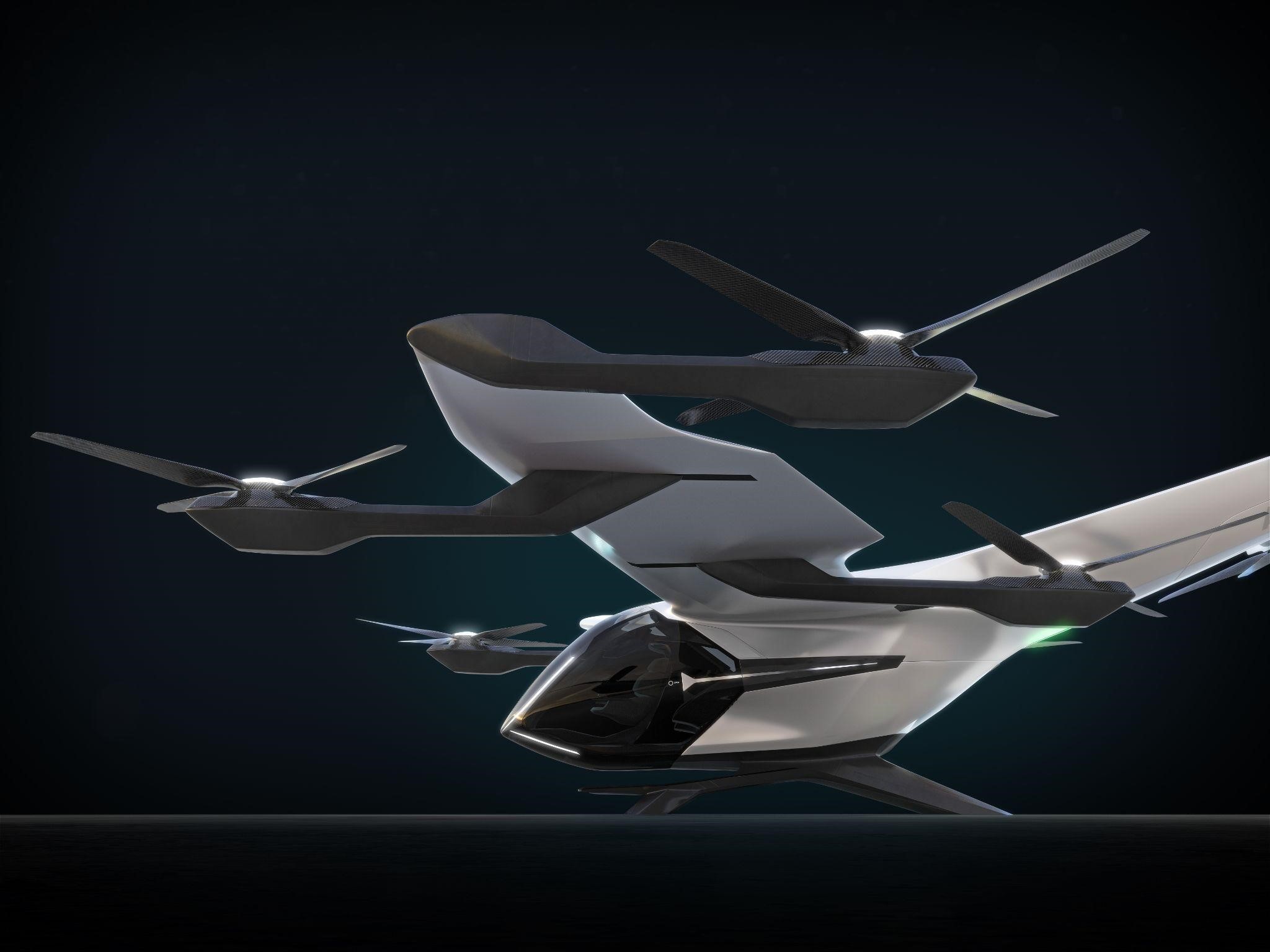Source: Airbus
Airbus and Ecocopter have signed a Memorandum of Understanding to start collaborating on the launch of urban air mobility services across various countries in Latin America. This is a major step toward the co-creation of a functioning urban air mobility ecosystem in the region.
With this agreement, the partners will explore and define launch scenarios for air mobility operations, notably in Ecuador, Chile and Peru. This includes joint activities to develop UAM operations over the continent, as well as ways to target first use cases and pilot cities and regions. This partnership is an expansion of the manufacturer’s strong relationship with Ecocopter, who operates a fleet primarily comprised of Airbus helicopters for aerial work missions in a variety of industrial sectors.
Marcelo Rajchman, Ecocopter’s Corporate CEO, said: “With already 20 years of experience operating helicopters and 5 years operating drones, this partnership is a natural step for us. We seek to be a relevant player in the UAM ecosystem and the projects we will develop together with Airbus will bring us closer to this goal.”
Balkiz Sarihan, Airbus’ Head of Partnerships & Strategy Execution for UAM, added: “We are excited to extend our long standing relationship with Ecocopter. Together we are taking concrete steps in the co-creation of the UAM ecosystem and our decarbonisation roadmap. This partnership leverages Airbus’ expertise in innovative vertical flight technologies, and Ecocopter’s extensive operational history and innovative culture.”
Established in 2003, Ecocopter is a reference in highly complex aerial work missions in South America. Its fleet of Airbus helicopters, consisting of 16 H125s, two H135s, and three H145s, is characterised by their high versatility and perform missions ranging from offshore transport, mining support, medical evacuation, firefighting, and almost the entire range of aerial work missions.
In September 2021, Airbus unveiled its eVTOL prototype CityAirbus NextGen, to explore advanced air mobility technologies and bring urban air mobility services to life. With an operational range of 80 km and a cruise speed of 120 km/h, it has been developed to be suited for a range of deployments in urban areas and beyond. The Company just announced the construction of a dedicated centre to test the aircraft’s systems in the lead up to its maiden flight. Airbus is also working closely with industrial and institutional partners to lead the development of urban air mobility ecosystems, as recently announced with ITA Airways in Italy, or through the launch of the Air Mobility Initiative in Germany.

